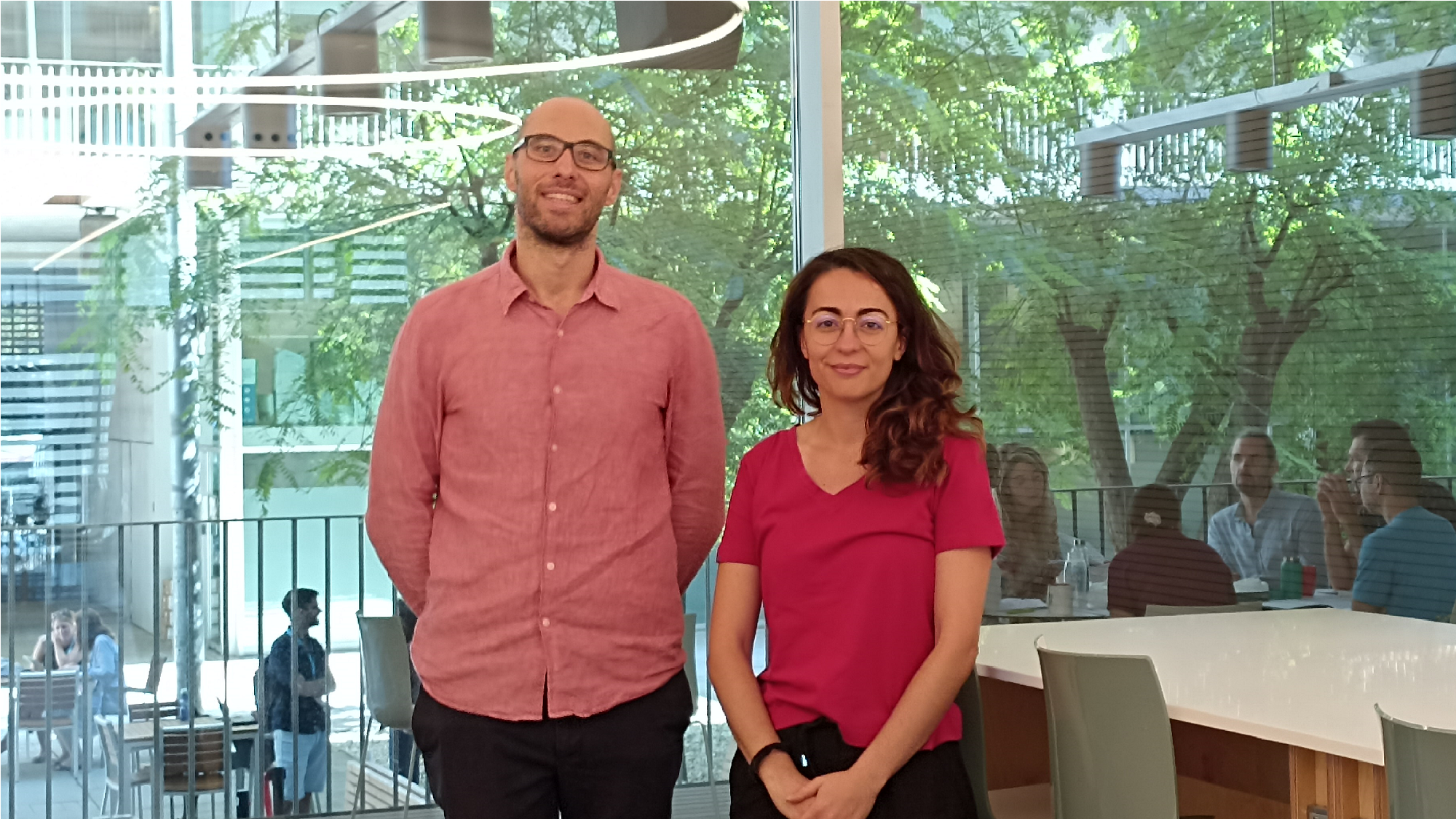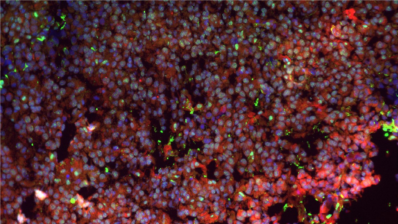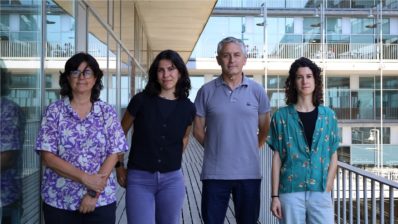A scientific career has many challenging steps, but the transition from a postdoc position to being a principal investigator and starting your own group is probably one of the major ones – and one for which there is no instruction manual.
Because of this, a group of young biomedical researchers in Barcelona decided this year to join forces and discuss together the trials and tribulations when facing this important moment.
The resulting symposium, “The Future Now: Emerging Leaders in Biomedicine”, which took place on September 21st, was founded by researchers at the Josep Carreras institute and co-organized with the help of several institutions in Barcelona (VHIO, IBEC, IBMB, MELIS-UPF, CRG). The symposium aimed to facilitate collaborations among newly established groups, to network and to offer postdocs a first-hand vision of the challenges and opportunities of being a new PI in Barcelona.
We talked to Valentina Sica and Jacob Smith, postdocs at the Department of Medicine and Life Sciences (MELIS-UPF), who helped co-organise the event, to get a glimpse into what the event was about.
Where did the idea come from to organize this meeting?
Several recent group leaders at the Josep Carreras Institute wanted to find a way to connect with other research centers hroughout Barcelona in order to build a support network for new PIs, who face very different challenges than already established groups.
That’s why the focus was really trying to bring together senior post-doctoral researchers who are maybe thinking about transitioning to being an early group leader, as well as those who have made the transition to a group leader in the last two or three years.
This combination had a double aim. One was to talk about the challenges, but also the opportunities, of becoming a PI in Barcelona; and the other one was to establish a network, to know what other institutes in the same city are working on and whether it’s possible to build collaborations, to find grants or join efforts to do interdisciplinary projects.
How did you two get into the organization and what was your role?
We are already involved in organizing the UPF Symposium, and Jacob organises the monthly pizza seminars at MELIS, so we were contacted by the department to see if we would like to participate. We did, and we proposed keynote speakers, helped look for sponsors and moderated some sessions.
What were the topics and format of the meeting?
The event was focused on biomedicine, but there were very different topics: a lot of cancer and leukemia – since the Josep Carreras institute was the host – but also bioengineering, biotechnology, bioinformatics, and more basic science. It was interesting because it was very heterogeneous, which is important for collaborations, joining others who do different things than you.
As per the format, there were 7-min talks where speakers talked about their research background, challenges and future ideas, followed by 3 minutes of questions.
We also had two keynote speakers:
- one focused on science, by Anna Bigas from the Hospital del Mar Research Institute – and also Vice-Director of Preclinical Research at the IJC.
- one focused on science policy, by Alexis Roig, CEO of SciTech Diplohub – an entity that wants to put Barcelona in the map as a real force for science.
There was also a very fun and informative workshop on project planning for young PIs, where we were given a specific budget and then asked to decide what to do with it, with the help of more senior researchers who gave us tips and advice.
Finally, we had a round table with a very open format, where senior postdocs and junior and senior PIs shared their wisdom about things to consider when becoming a PI, when moving to another centre, etc.
How many people participated and how was the event received by participants?
There were more than a hundred participants – and there was a waiting list! The majority were either late postdocs or early PIs, although there were some more senior PIs which helped a lot with their advice, too!
One special aspect of the meeting was the different atmosphere compared to other meetings. Because the focus was not so much to share a well-developed story, a project with beginning and end and interesting results, but rather to openly talk about the challenges and the possible ways forward. There was a very collaborative spirit, which was good to be a part of.
Sounds like it was a great success… are there plans for other similar meetings?
Definitely! The idea is to repeat it yearly, with a different institute hosting each time. We still don’t know where it will be next year, but we are looking forward to participating again. For anyone interested, please keep an eye on the twitter accounts from each institution- and we hope to see you there!







